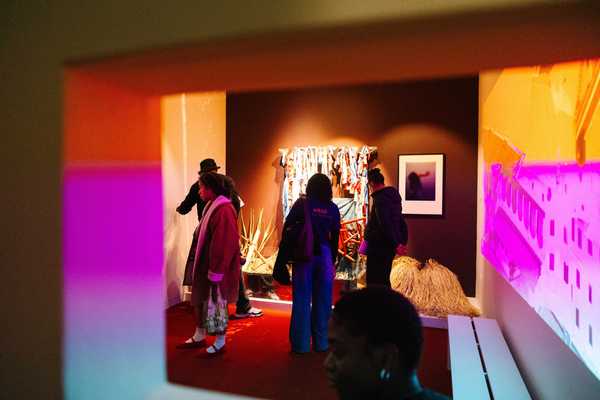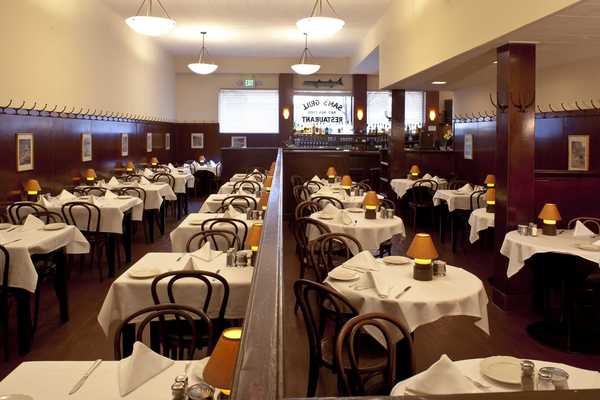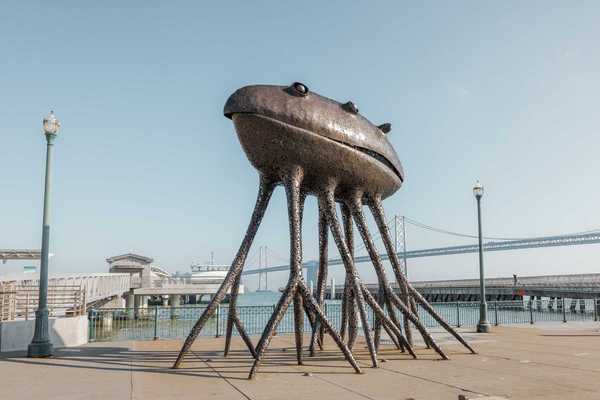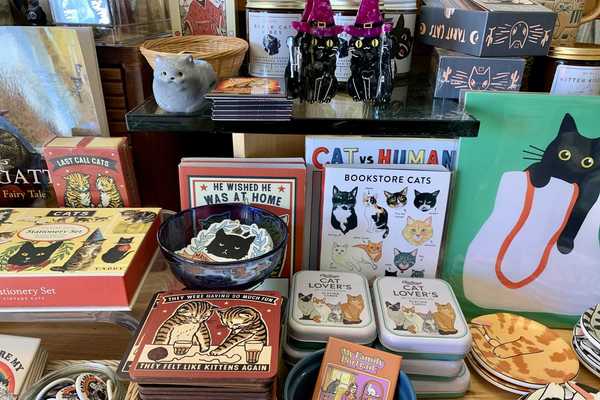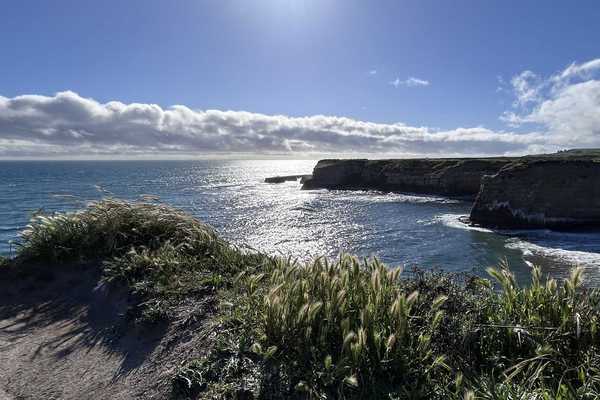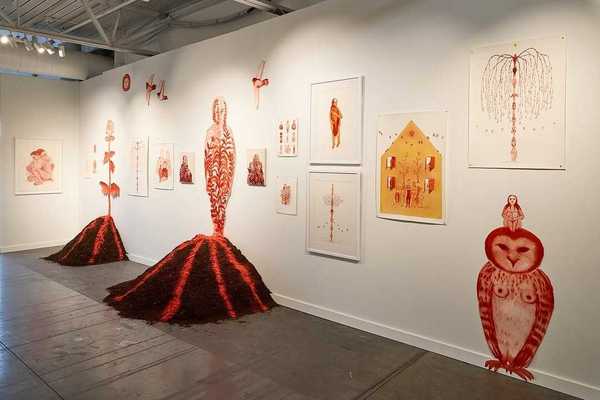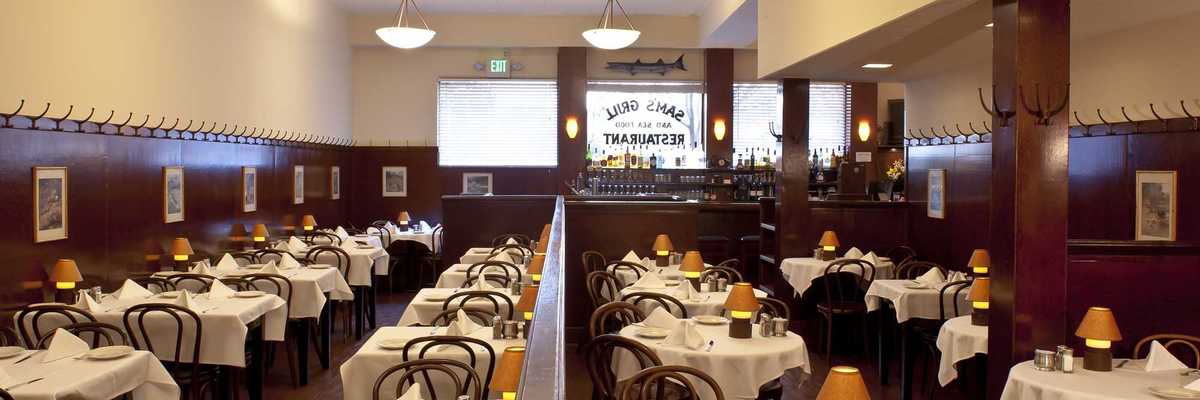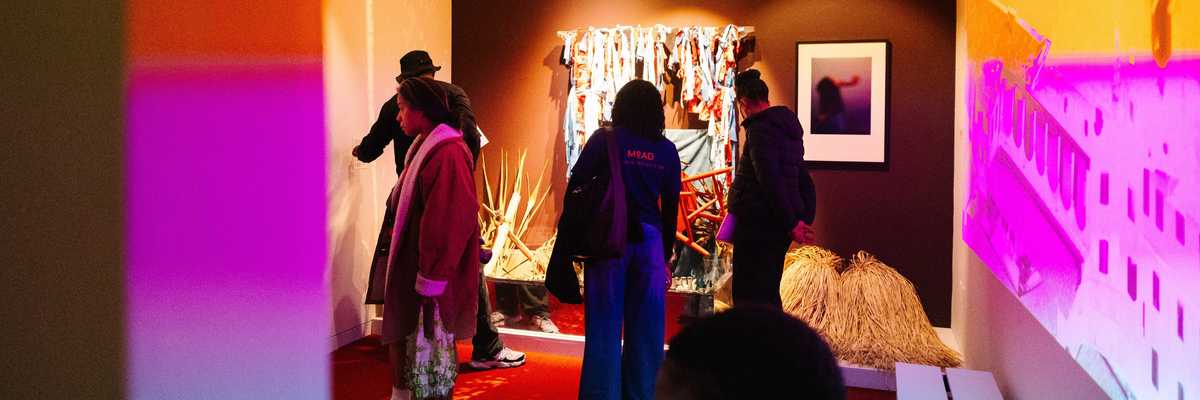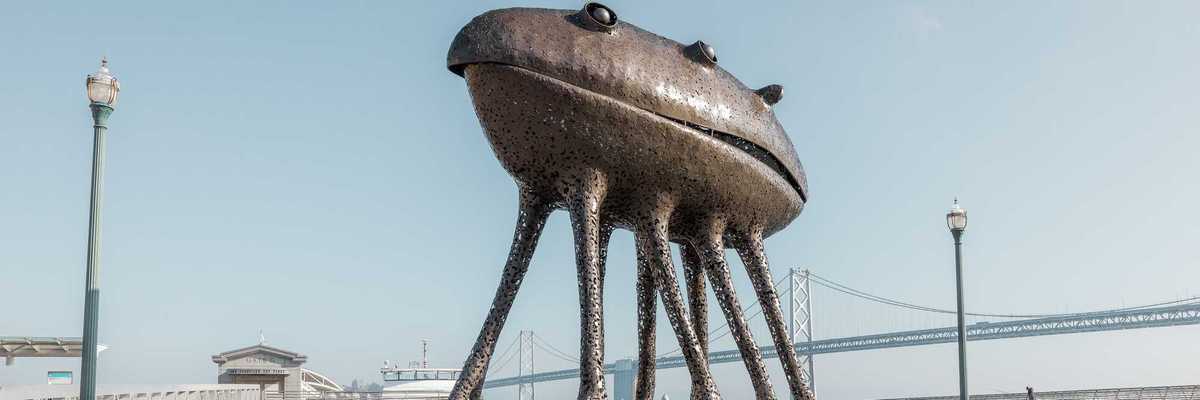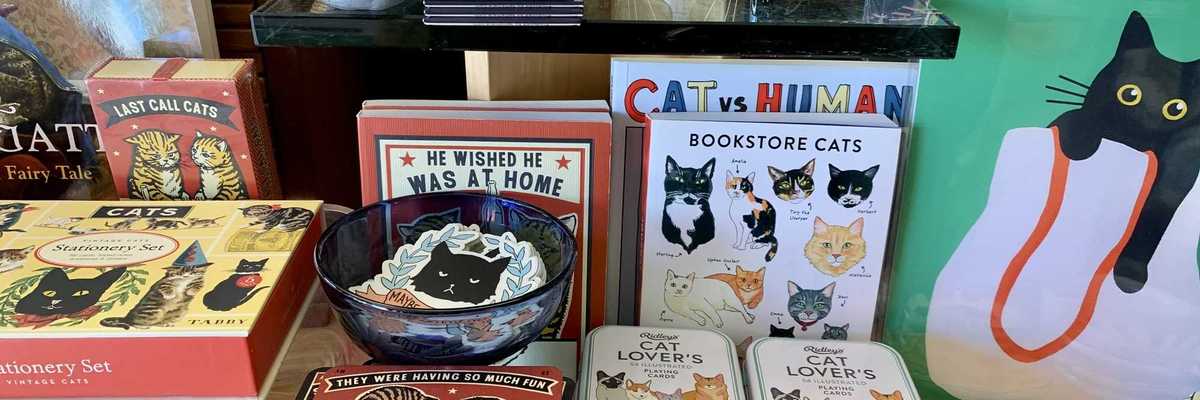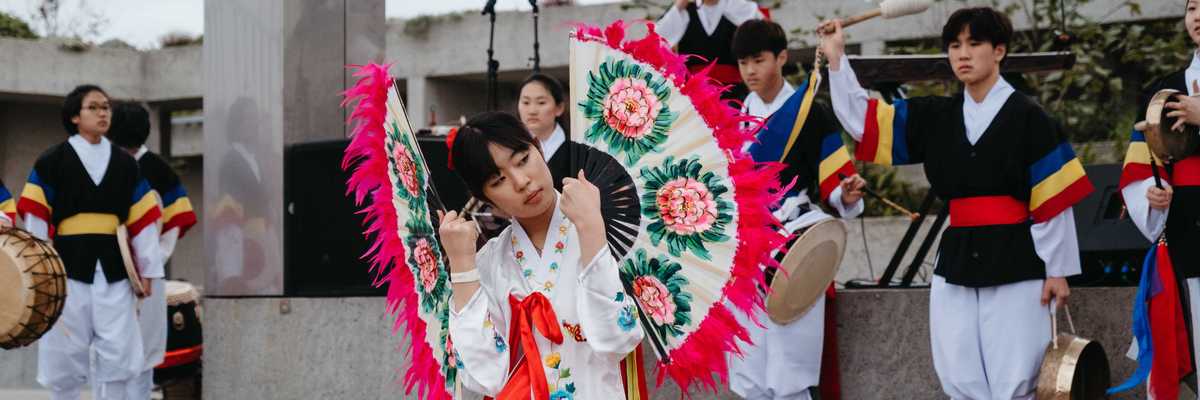When a federal judge threw out the class-action settlement in the Google Books case last week, he brought an end, at least for now, to one of the boldest initiatives the search giant has ever undertaken.
Back when he was still a grad student at Stanford in the late '90s, co-founder Larry Page began planning a "library to last forever," filled with digital versions of virtually every book ever published.
By 2005, when he and Sergey Brin had built Google up into the most successful company on the planet, Page began to put his plan into motion. Google made deals with leading academic libraries to begin scanning books, including many rare and out of print books, at a rapid pace -- to the point that today they have scanned a total of some 15 million books.
Along the way, Google was sued by the Author's Guild and the Association of American Publishers, and it was the negotiated settlement of that class action lawsuit that Judge Denny Chin rejected in a written opinion handed down last week.
A grassroots coalition organized by Bay Area activists had campaigned long and hard against Google's project, arguing that it would result in the Mountainview-based company having a monopoly over the future sale of digital books.
Gradually, others joined what The New York Times eventually called an "army" opposing the settlement, including various European governments, competitors like Yahoo and Microsoft, and most importantly, the U.S. Justice Department.
In his opinion, Judge Chin cited many of the opponents, and clearly signalled that the government's opposition was a decisive factor.
One key issue left unresolved by the court's ruling is the fate of so-called "orphan works," for which no rights holder of can be found. These will continue to languish in copyright purgatory. In his ruling, Judge Chin suggested this is a matter for Congress to take up:
"The questions of who should be entrusted with guardianship over orphan books, under what terms, and with what safeguards are matters more appropriately decided by Congress than through an agreement among private, self-interested parties."
So what happens next? Judge Chin left open the possibility that the parties to the class action suit could return to court with a new proposed settlement, but a close reading of his decision makes that seem a less promising option for Google than, say, to step up its lobbying efforts inside the Beltway.
Siva Vaidhyanathan, the author of a provocative new book called "The Googlization of Everything (And Why We Should Worry)," says that:
"If Google decides to take the modest way out, it can still ask Congress to make the needed changes to copyright law that would let Google and other companies and libraries compete to provide the best information to the most people. Congress should have been the place to start this in the first place."
Meanwhile, no one yet knows how all of those old books are going to be saved, now that the leading effort to digitize them has been stymied. As Brin noted in an op-ed piece in Octber, 2009:
“(T)he vast majority of books ever written are not accessible to anyone except the most tenacious researchers at premier academic libraries...Inevitably, the few remaining copies of the books are left to deteriorate slowly or are lost to fires, floods and other disasters.”
As the director of the Harvard Library, Robert Darnton, concluded in a Times op-ed:
"This decision is a victory for the public good, preventing one company from monopolizing access to our common cultural heritage... Nonetheless, we should not abandon Google’s dream of making all the books in the world available to everyone. Instead, we should build a digital public library, which would provide these digital copies free of charge to readers. Yes, many problems — legal, financial, technological, political — stand in the way. All can be solved. "




